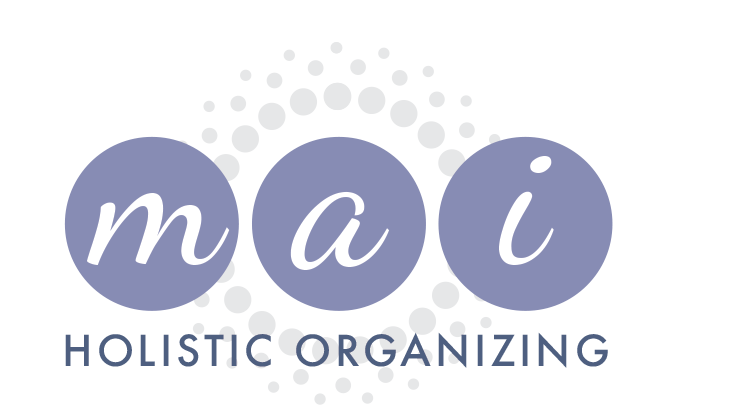stronger together: caring for mental health in your community
welcome back, family and friends!
we are officially into summer and the weather is warming up here in sunny southern california. who is excited for a sunnier summer day ahead? we know we are! that being said, this month of july, we wanted to take some time to focus on minority mental health awareness month and bring awareness to mental health issues among smaller communities. our mission has always been to help members find balance and peace of mind physically, emotionally, and spiritually. It’s important that we communicate and speak on these types of issues that could possibly help someone in need in the future. below, you’ll find some suggestions on how best to identify triggers and ways to cope with common issues.
anxiety is the feeling of fear, dread, and uneasiness that may occur as a reaction to stress. a person with anxiety feels intense stress, restfulless, tensiveness, which may cause sweating or rapid heartbeat.
depression is a common mental health condition that is characterized by a low mood or loss of pleasure or interest in activities for long periods. a person with depression might feel a loss of interest and enjoyment in ordinary things and experiences.
ptsd is caused by either experiencing or witnessing an extremely stressful or terrifying event. symptoms may include flashbacks, nightmares, severe anxiety and uncontrollable thoughts about the event.
ocd is described as uncontrollable and recurring thoughts, obsessions, repetitive, and excessive behaviors about issues that trigger them. common signs of ocd are excessive cleaning, constant reassurance, hoarding, and repairing similar thoughts.
we want to offer some solutions to those who might need some quick and easy resources to stay informed:
practicing gratitude: this involves taking a moment to appreciate the positive aspects of your life. it can be helpful to make this a daily habit, either by reflecting on the small or big things you are grateful for by writing it down in a journal. these can be big things, such as the support you have from loved ones, or little things, such as enjoying a nice cozy meal.
taking care of your physical health: this will help guide you to being proactively healthy over time. simple tasks such as regular exercise, eating healthy and getting enough sleep can change the way you view your health starting just over a few weeks.
connecting with friends and family: taking time to reach out to loved ones is the best way to maintain supportive relationships. it’s important to make time for those who are important to you and let them know that you care. or vice versa, having them to fill your cup every so often.
developing coping skills: recognizing your triggers and taking time to put together a plan to better cope with your issues in the best way to better handle your mental health struggles. your struggles might be challenging sometimes but you’re actively doing the work to get mentally stronger by developing coping skills that work for you specifically.
meditation: taking time to recharge and realign your mental health back to neutral is an excellent way to stay connected and release negative or toxic energy. meditation can also be done solo or with a friend which makes it such a great resource.
consistent schedules: one of the best things that you can do for yourself is keeping a consistent schedule when it comes to maintaining cleanliness, organization and your personal life. at maiorganization, we offer in-home organizing services for bathrooms, bedrooms, closets, home offices, kids’ rooms, kitchens, laundry rooms, garages, and more. we also offer recurring monthly, quarterly, and biannual visits for those who might need a hand or two.
below are some more resources for those looking for more specific answers on their mental health journey.
thank you for reading and see you in our next mindful minute!
